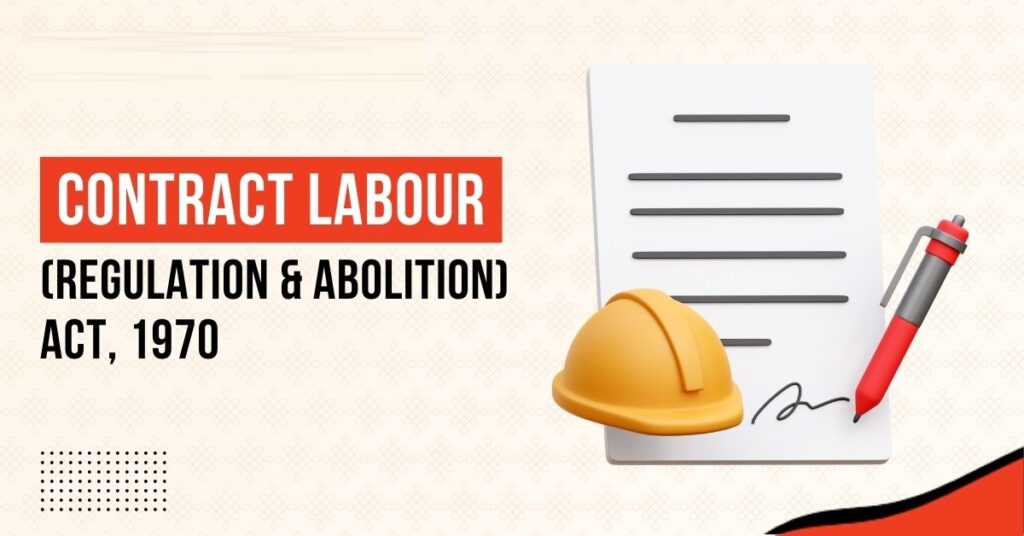Employer of Record (EOR) Services in India: Simplifying Global Workforce Management
In today’s interconnected world, businesses are increasingly seeking talent beyond their borders to harness diverse skill sets, reduce operational costs, and expand into new markets. However, navigating the complexities of Indian labour laws, tax regulations, and compliance requirements can pose significant challenges for foreign companies. This is where Employer of Record (EOR) services provide an ideal solution. What is an Employer of Record (EOR)? An Employer of Record (EOR) is a third-party entity that legally employs workers on behalf of another organization. While the client company oversees the employees’ daily work and performance, the EOR manages the administrative and legal responsibilities, including compliance with local labour laws. Effectively, the EOR becomes the official employer in India, ensuring all employment-related requirements are met seamlessly. Why Choose an EOR? Key Advantages For international companies looking to hire in India without establishing a formal legal entity, EOR services offer a streamlined, cost-effective solution. Here’s what makes them indispensable: Simplified Compliance with Indian Labour Laws India’s labour framework combines central and state-level regulations covering areas such as: Handling these regulatory requirements independently can be overwhelming. A proficient EOR partner ensures comprehensive compliance, shielding your business from penalties and legal challenges. Selecting the Best EOR Provider Choosing the right EOR partner is pivotal to a successful hiring strategy in India. Consider the following factors: Peace of Mind with EOR Services With an EOR managing payroll, tax filings, and compliance, you can focus on scaling your business without worrying about operational intricacies. This “peace of mind” model ensures that your Indian workforce is managed efficiently and lawfully. Why Partner with “The Global Pay”? At The Global Pay, we specialize in offering tailored EOR services that cater to the Indian market’s unique requirements. Here’s why we stand out: Your Gateway to Hiring in India India is a vibrant hub of talent and growth opportunities. By partnering with The Global Pay, you can leverage this potential without the complexities of establishing a local entity. Let us simplify your entry into the Indian market while ensuring absolute compliance with its diverse labour laws. Interested in exploring how EOR services can elevate your business? Contact us today to start your journey towards hassle-free global workforce management.
Employer of Record (EOR) Services in India: Simplifying Global Workforce Management Read More »



